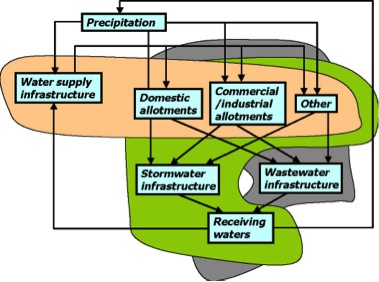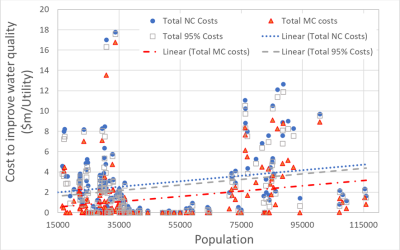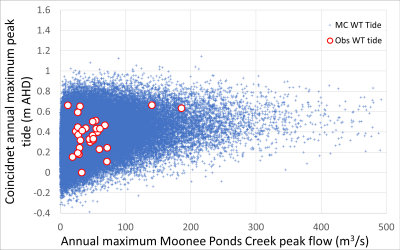The infrastructure costs, water quality and environmental concerns associated with continuing with the current urban water cycle paradigm are increasing to unsustainable levels. It is argued that a systems approach is required to understand and hence find optimum solutions for urban water cycle management that includes decentralized approaches used to supplement to current centralized management methods.
Rainwater harvesting and systems thinking for a better world – release of YouTube Channel
The Essential Rainwater Harvesting Course was created by Peter Coombes of Urban Water Cycle Solutions (https://urbanwatercyclesolutions.com) and Michelle Avis of Verge Permaculture (https://vergepermaculture.ca). First recorded in 2020, a large majority of the course is now being released, for free, on YouTube as part of our shared mission to educate and spread information on rainwater harvesting as widely as possible.






